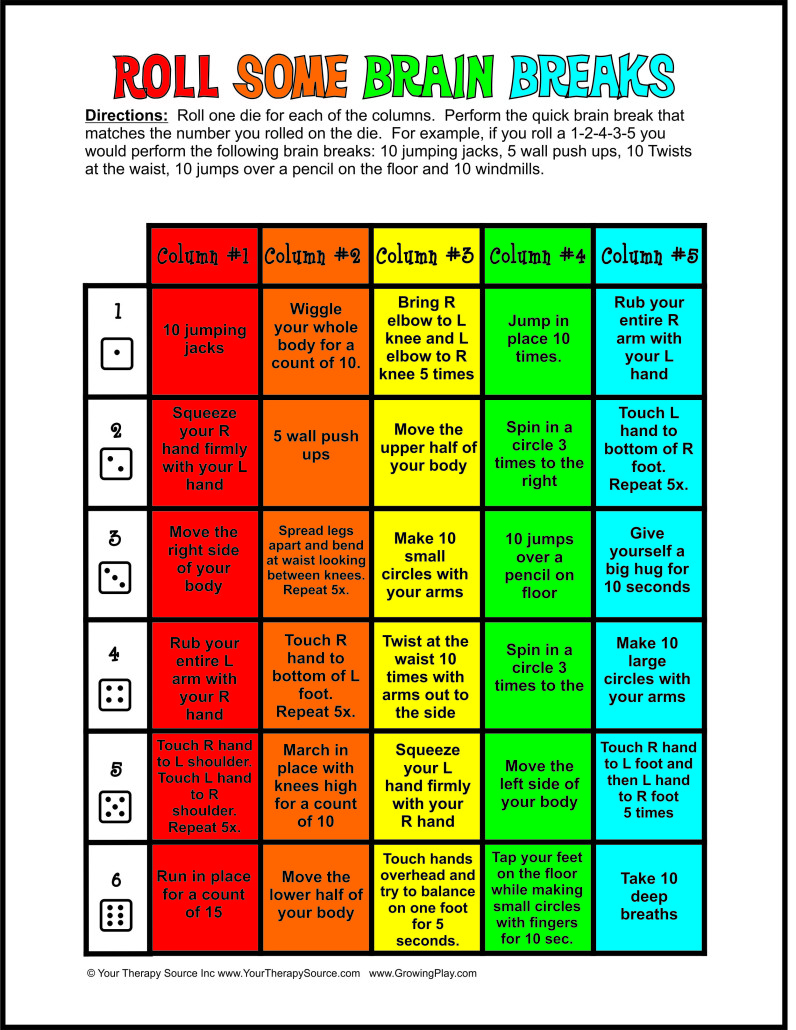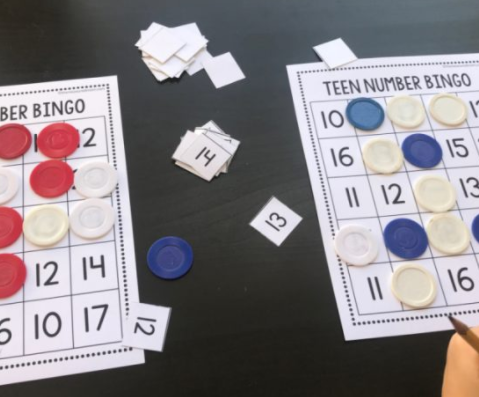Fall Prevention Bingo
- Bingo game sets for seniors come in designs with large print and easy-to-read cards. These bingo game sets have everything you need to hold this classic game in your home, senior center, or other location. They are also great for gift giving and can provide hours of entertainment and fun.
- Deluxe Bingo Set - 6-Inch Roller Cage, Master Board, 75 Multicolored Balls, 300 Chips, & 50 Cards - Classic Fun & Party Games for Kids, Seniors, & Family 4.6 out of 5 stars2,855 $24.99$24.99 Get it as soon as Tue, Dec 29.
- This is the best of our bingo cages and is the top choice for Senior Centers, retirement facilities, bars, churchs, schools and serious bingo players anywhere. Smooth action Brass plated cage comes with a plastic master board with numbered holes for ball placement and a set of 75 professional size (1.5 inch) bingo balls.
Note: The following instructions for Safe for Elders Fall Prevention Bingo are also available to download.
Objectives:
- To raise awareness about the different types of risk factors for falls.
- To learn what people can do to reduce their risk of being injured from a fall.
Best for Older Kids: Front Porch Classics State Fair Bingo Buy on Amazon Buy on Walmart This classic bingo set is sturdy with an old-school vibe. Wooden balls are placed in the spinner and round and round they go in the metal cage until a number is called. Each Bingo Set comes complete with a Masterboard, Slide Cards, and Bingo Playing Cards. 25 and 50 slide card sets are available. These bingo sets replace the need for a cage and markers. Easily transportable, these sets are ideal for small church groups, bus tours, and senior citizen groups. Dozens of Other Bingo Products Available.
Setting Up:
You will need the following materials to play BINGO:
- Instruction Sheet
- Bingo Discussion Guide
- Printable 8.5 x 11” bingo cards (50 different cards to choose from)
- Printable 8.5 x 11” sheets of calling squares
You will also need:
- Prizes
- BINGO Stampers or Pens
- A box or bag (not see through!) to put the calling squares in
Print your bingo cards:
Print enough cards to give one (or more) to each player. Make sure you print different cards so that there are only one or two winners at a time, or if you want more winners, make sure you have enough prizes!
Print your calling squares:
Print two sets of calling squares. One set you will cut up and put into the draw box or bag. The other set you will keep beside you to cross off / mark the squares as they are called so you can check the winner’s card.
The caller should familiarize themselves with the rules of the game below.
Print your discussion guide:
Print the discussion guide and familiarize yourself with it. During the game, you will use the discussion guide to ask questions of the players about fall prevention.
Playing the Game:
1. Give one (or two) BINGO card to each player. Ensure they also have a pen/marker/bingo stamper to mark the cards.
2. Speak briefly about fall prevention. Explain that each of the 5 BINGO columns corresponds with a type of risk and a way to avoid the risk.
- B = Behaviour
- I =Indoors
- N = Nutrition
- G = Get Active
- O = Outdoors
3. Fall Prevention BINGO is similar to playing traditional BINGO.Players will use a stamper, or make an ‘x’ with their pen on each square that is read out by the caller.
MAKE SURE that if you are going to play several games and are using a distinctive shape (U, T, E, etc.), that everyone marks off EVERY square they have, not just the ones that fit into the winning shape.
4. Draw squares from the call bag/box one at a time, until the first player to show five consecutive squares marked in a row (either horizontally, vertically or diagonally) calls BINGO!

5. That player will be declared the winner and a prize will be awarded.
6. Using the same card, a second game is won when someone has 3 complete lines (either horizontally, vertically or diagonally).

7. If you have more time, you can have a BLACKOUT game in which a player must completely fill their card before they call out BINGO!
8. Play as many games as time permits. Ensure you have enough prizes! The game is designed to teach people about fall prevention in an interactive and fun way.

Click here to download these Safe for Elder Bingo Instructions

As we grow older and enter the twilight of our years, we start to lose a number of our faculties. This can be difficult to adjust to, both for the individual and his or her family and loved ones.
We can become more susceptible to physical disabilities. The World Health Organization has reported that 10 percent of the world has a disability. This percentage doubles to 20 percent for those who are aged 70 or over, and 50 percent for those aged 85 and over. We are also more prone to loneliness and mental health issues such as dementia.
Dementia, also known as senility, is a decline in mental ability that interferes with daily life. This syndrome includes memory loss as well as Alzheimer’s Disease, which is the most common type of dementia (60 to 80 percent of dementia cases). Symptoms include impairments in the following areas: memory, communication and language, concentration, reasoning and judgment, and visual perception.
Overall, aging brings a loss of independence. We are less able to do those activities of daily living (ADLs), such as clothing and bathing ourselves. The older we become, we most likely will need some form of assistance. But there are some ways to at least slow the decline of aging as well as to promote health and wellbeing. And one of those ways may surprise you: playing bingo.
Bingo For Seniors Online

Bingo has become a popular game and mainstay activity for residential care facilities, community and senior centers, and church groups. Researchers have learned that this game has a lot more value than for just fun and leisure. Bingo has a few health benefits that may not be well-known, but are definitely worth taking into consideration.
- Cognitive Abilities Are Boosted. Simply put, playing bingo can improve your brain’s processing speeds, alertness, and memory capabilities, according to a study. Bingo requires players to be skillful listeners and to have the ability to look for numbers quickly, many times across multiple cards. As concentration declines as we age, bingo can help to maintain concentration— better than those who don’t play bingo regularly, including younger players. In another study, when bingo players with Alzheimer’s, Parkinson’s and other types of dementia play bingo with large, high-contrast cards their visual perception and cognitive skills improved. When computer screens were adjusted for brightness, color contrast, and size, even those who had mild dementia played computerized bingo just as well as their healthy counterparts.
- Hand-Eye Coordination Is Improved. As we age, our coordination and reflexes deteriorate, but games like bingo can help the elderly keep their dexterity. Bingo players need sharp reflexes to be able to find the numbers quickly. Due to the fast and repetitive nature of the game, research has shown bingo is a great way for seniors to significantly improve their hand-eye coordination.
- Physical Health Is Strengthened. Bingo isn’t an aerobic exercise, but it is a social activity. The social aspect of bingo—sharing laughs together, the excitement of possibly winning a game—is what supports physical health in elderly bingo players. A longitudinal study looked at subjects entering their 80s and how much help they needed with activities such as dressing themselves, climbing stairs, or going to the bathroom independently. Researchers discovered that those who had higher levels of social activity were twice as likely to have a lower risk of disability.
- Social Participation Is Increased. Older people are more prone to social and emotional loneliness, which has been shown to be a risk factor for reduced activity, physical problems, mental health issues such as depression and anxiety, and even death. Having social supports and being involved in social activities such as playing bingo can counteract these sorts of declines and deficits. One study has shown that having an active social life can possibly slow the decline of memory loss. The higher the subjects were socially integrated, the slower the rate of memory loss. The study’s results were independent of sociodemographic factors (e.g., age, race, and gender) as well as health status. By going to bingo on a regular basis, seniors can forge new friendships and tight social networks that can extend outside of the game room.
- Healing from Illness or Surgery Is Sped Up. One surprising research finding is that when seniors played games such as bingo while they recovered from surgery or other illnesses, hospital stays were shortened and healing times were faster. Additionally, elders who played games during their recovery periods reduced their risks for becoming depressed.
At Above & Beyond Home Health Care, among the variety of high quality home health care services, hospice care services, and therapies we provide, we are actively involved in our community. We have monthly bingo games at three different locations. We sponsor free games as well as money games. Check our calendar of events to see when we’ll be hosting our next game.
What Are Good Bingo Prizes For Seniors
Photo by Edwin Torres Photography